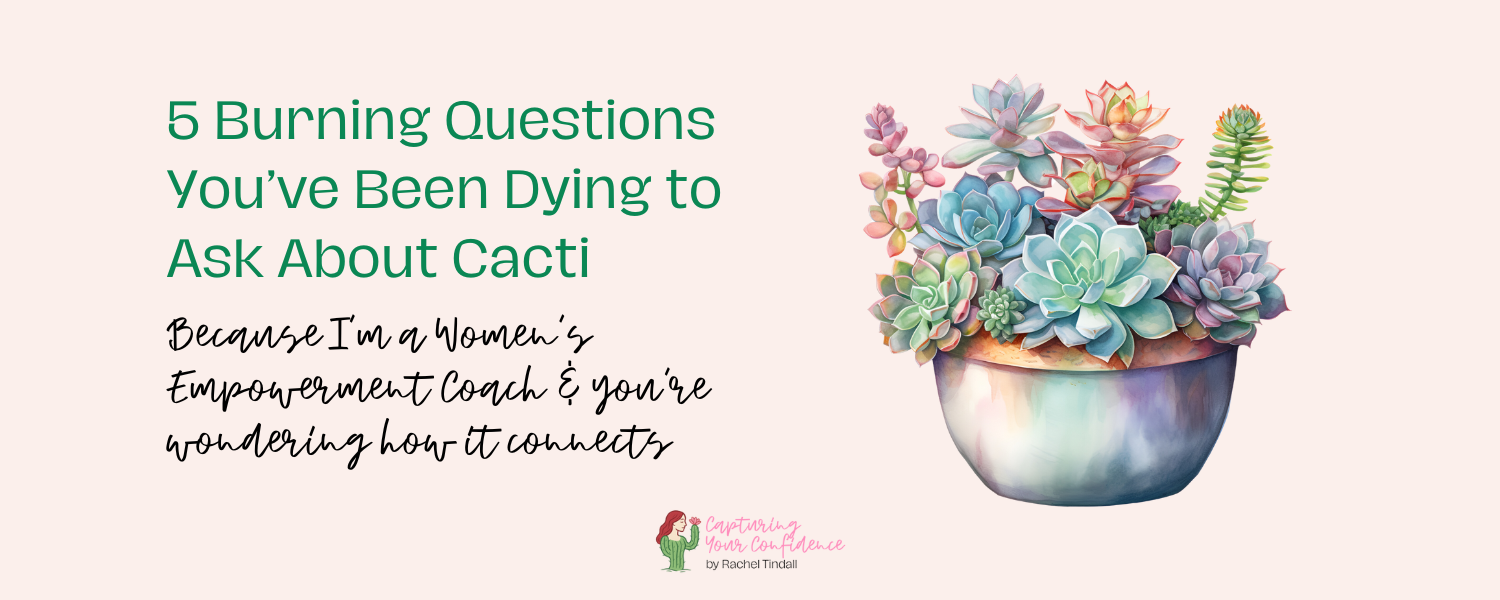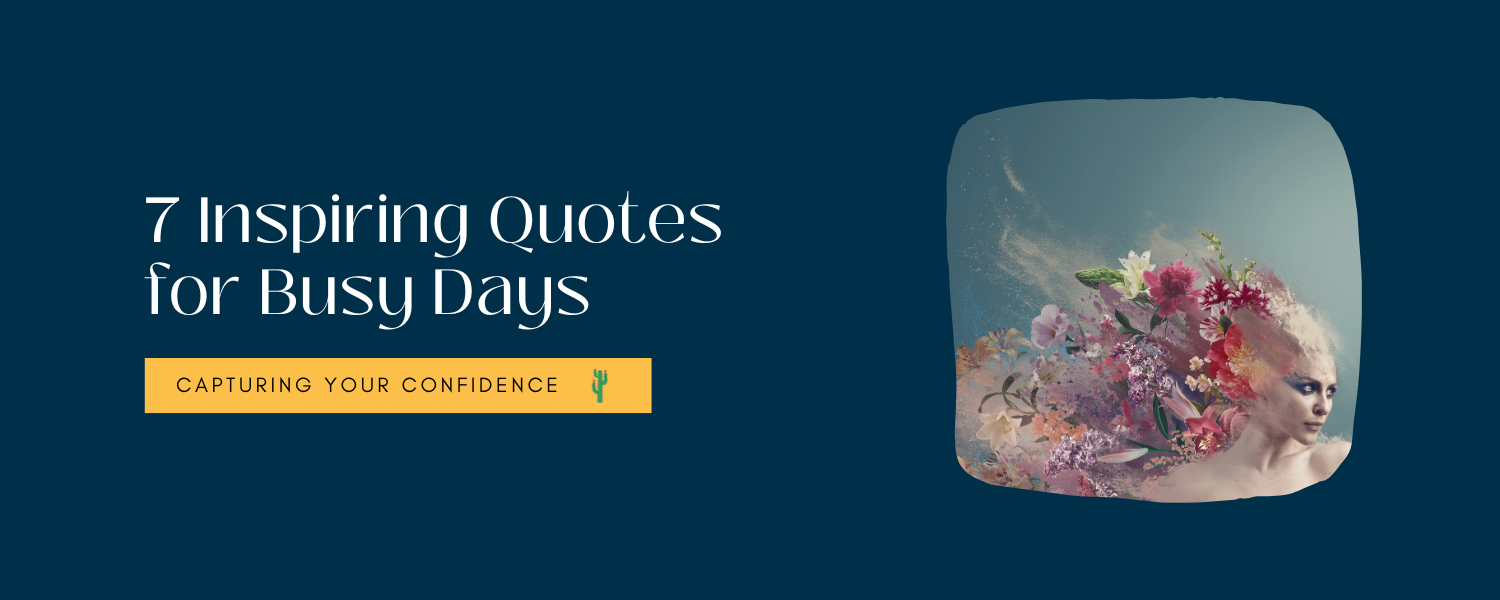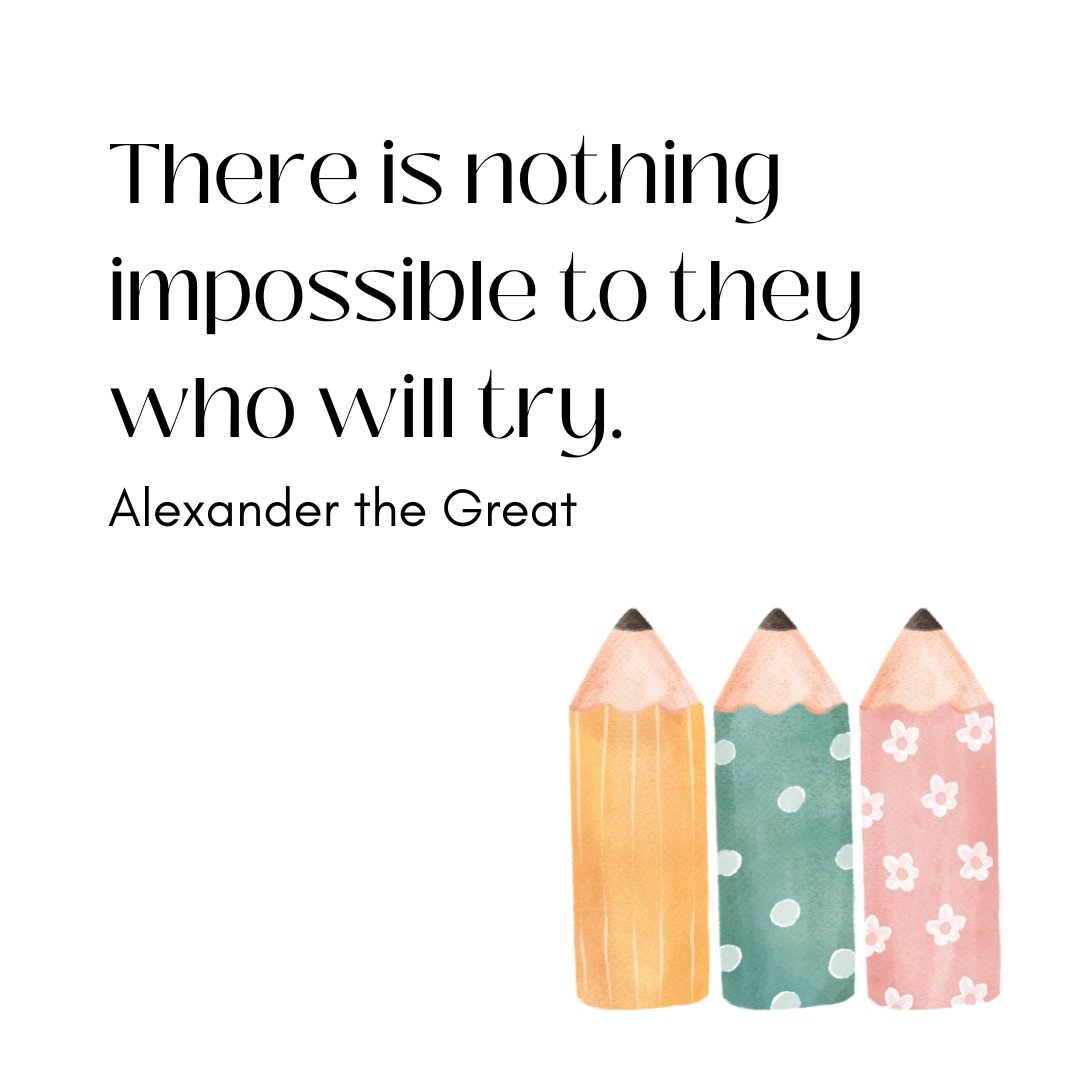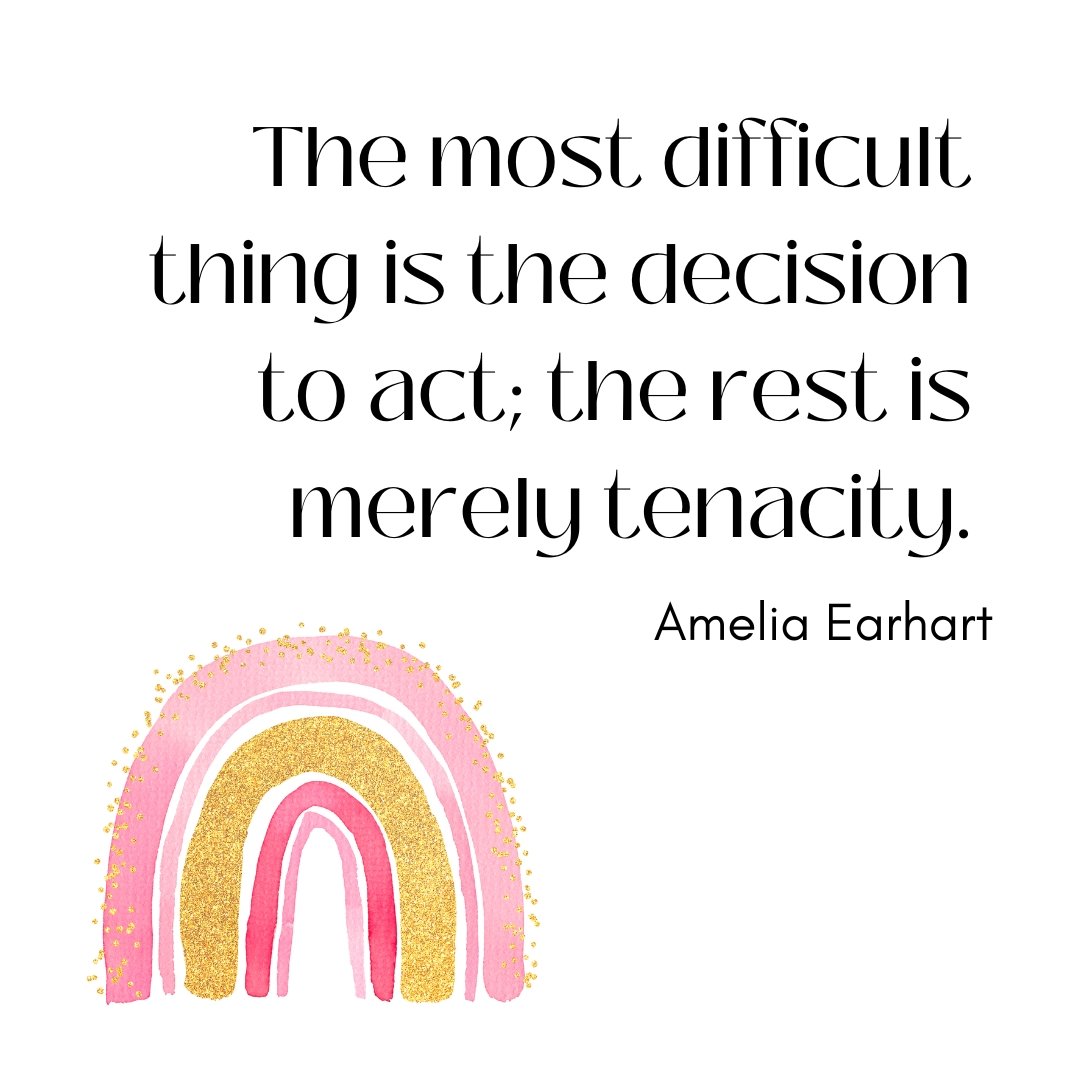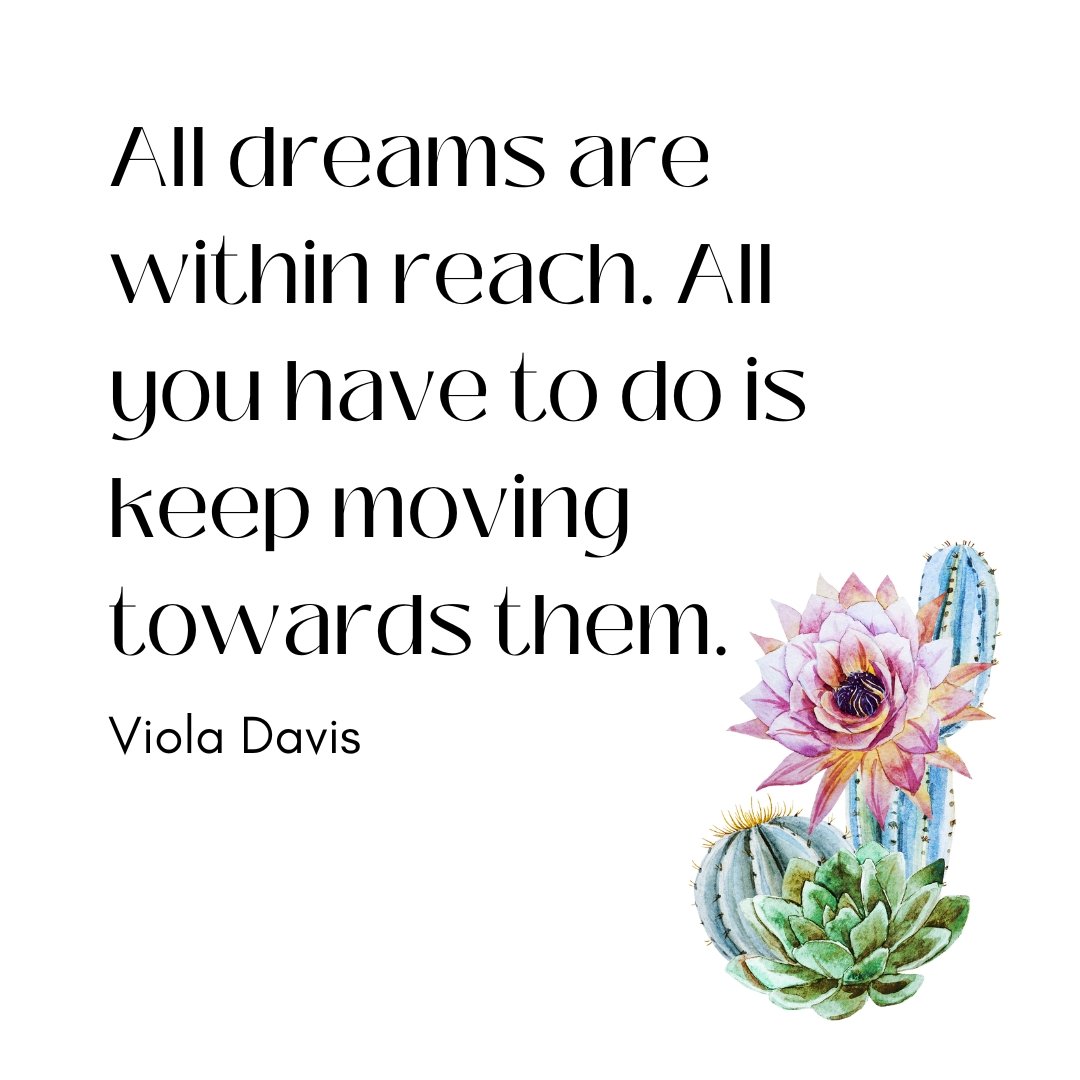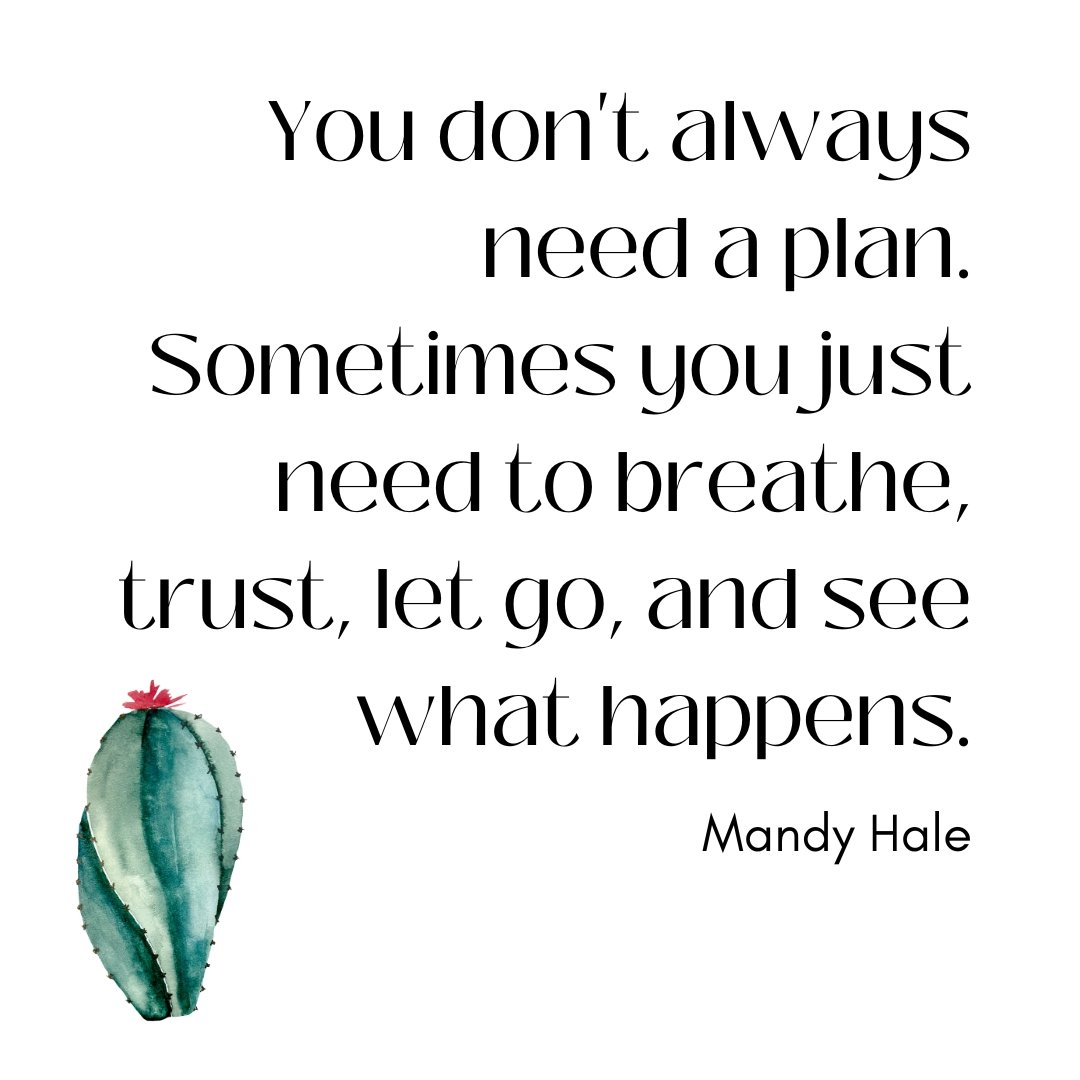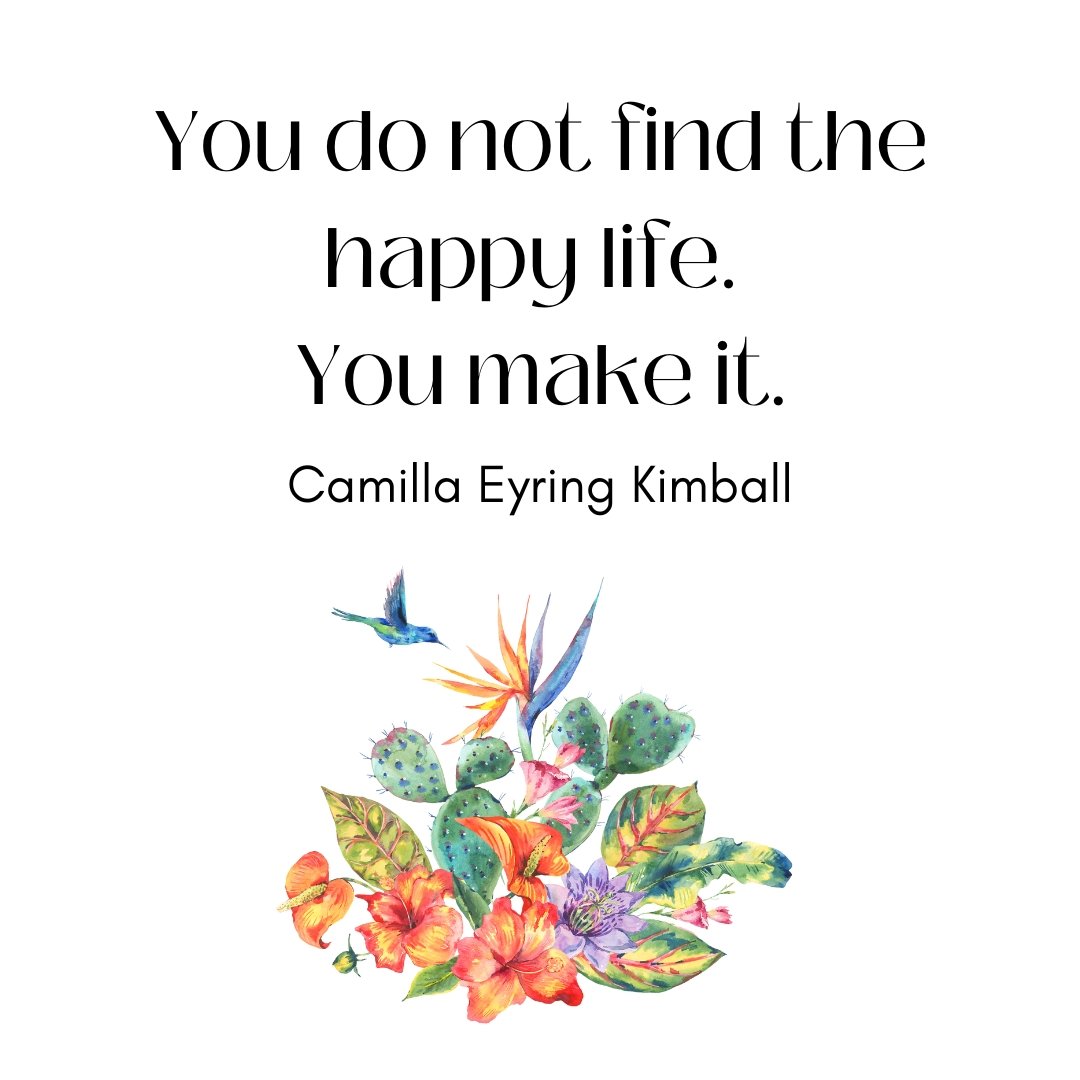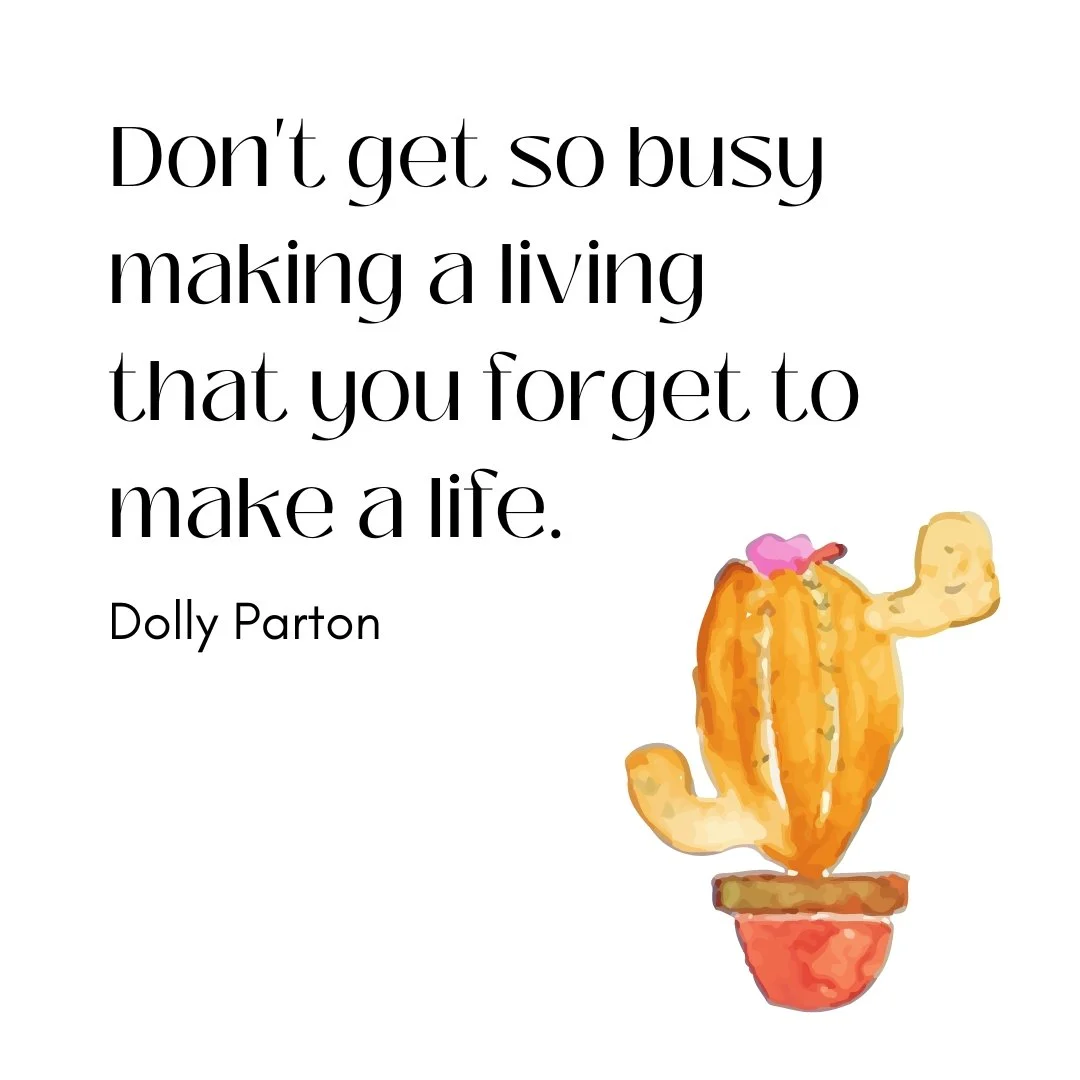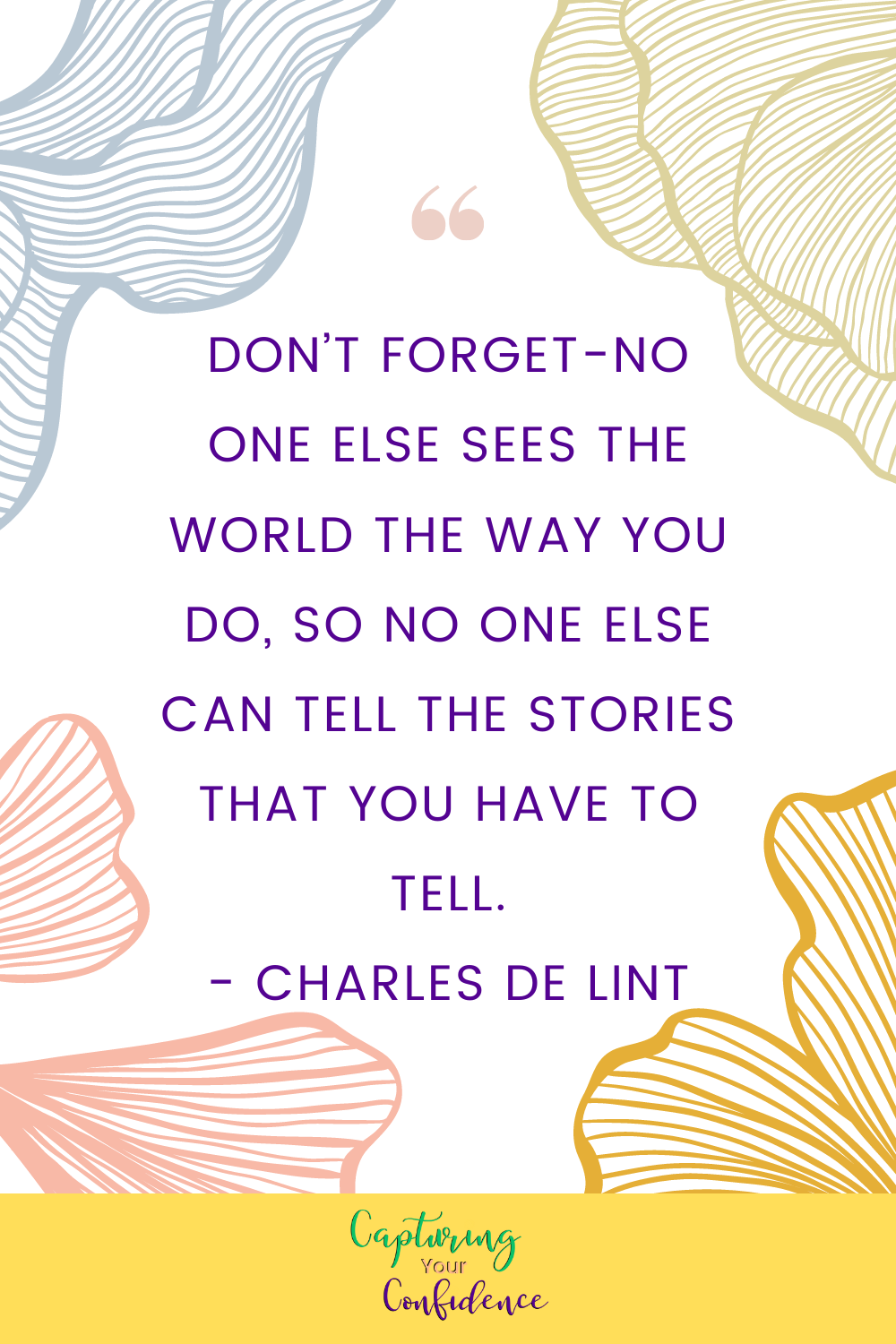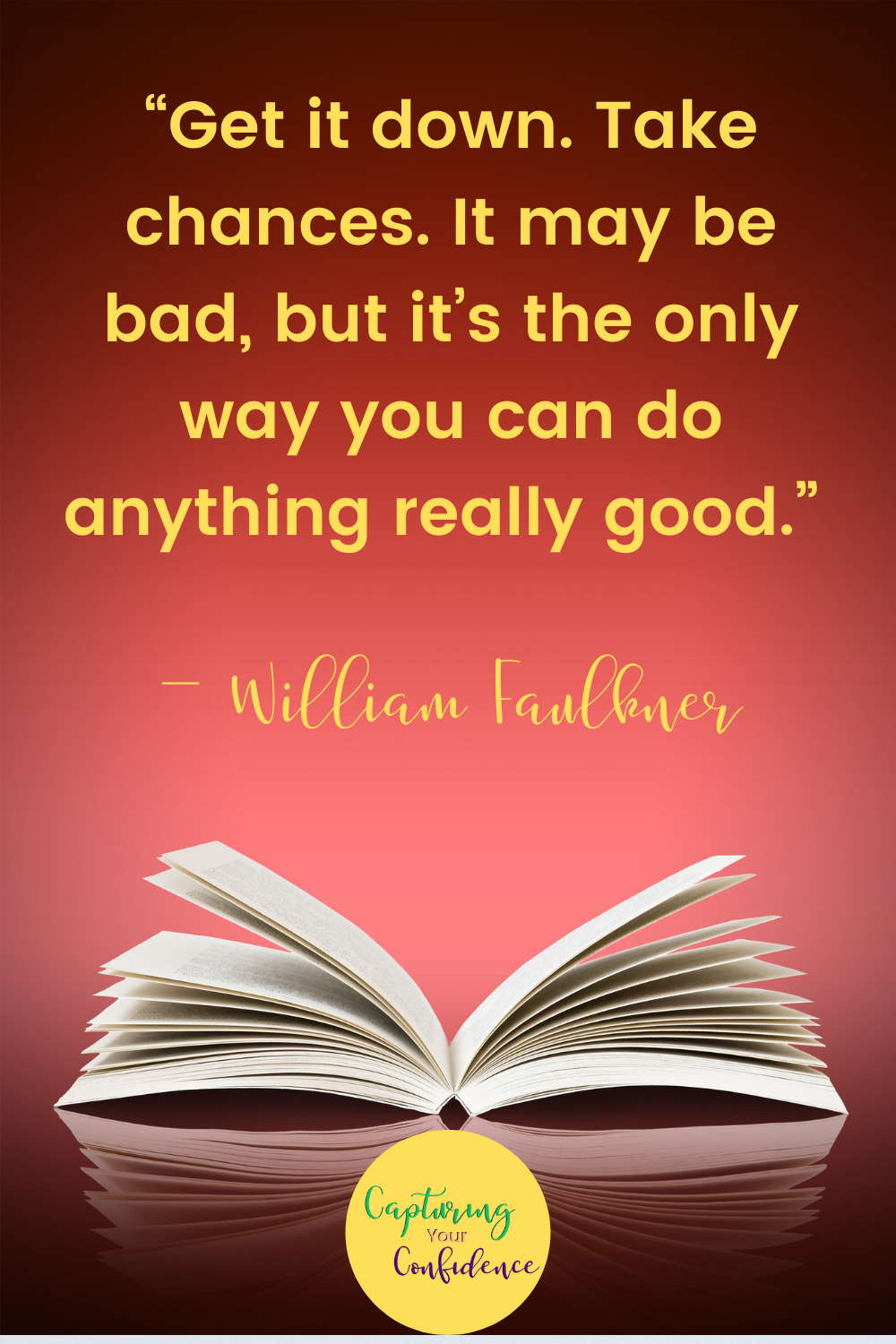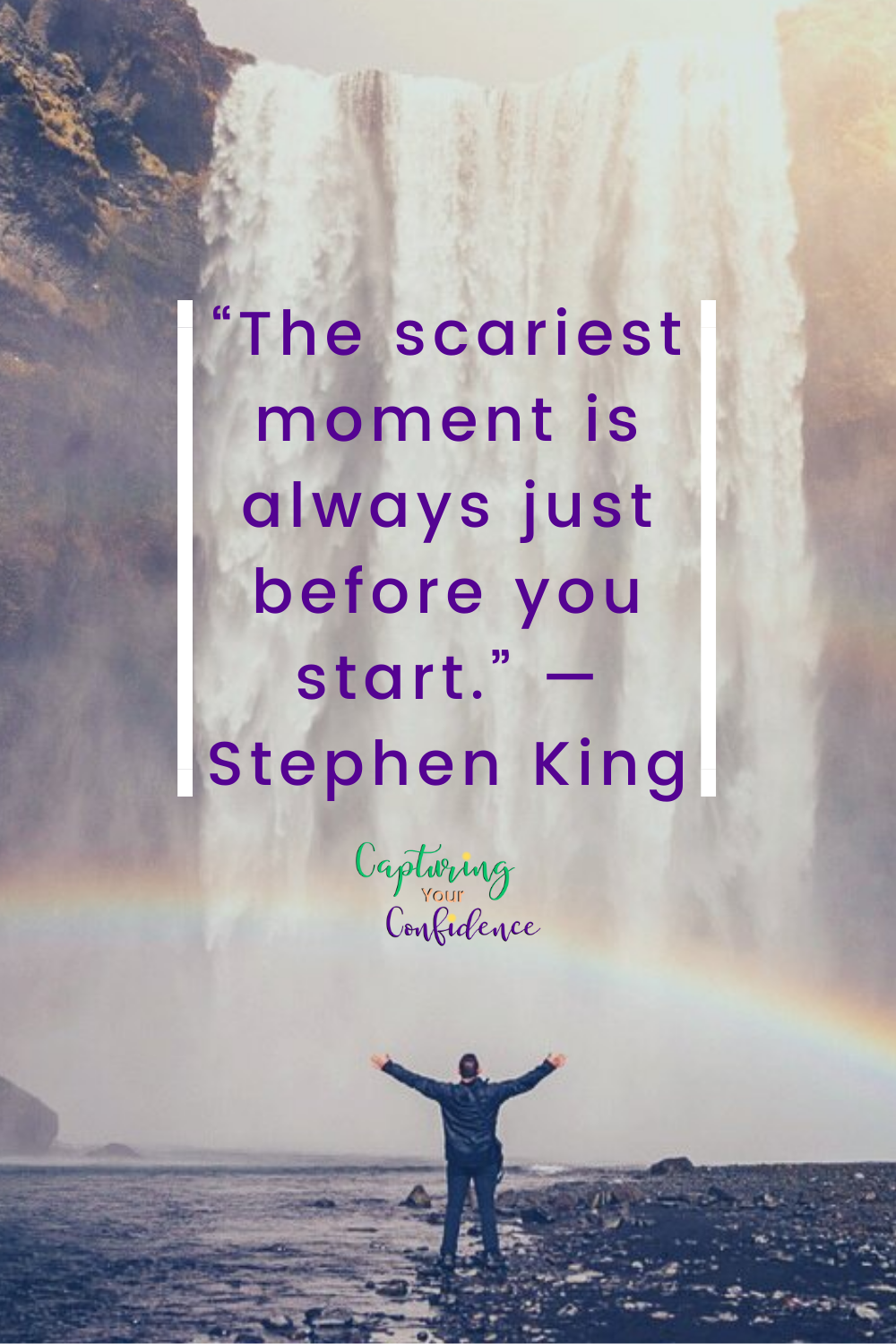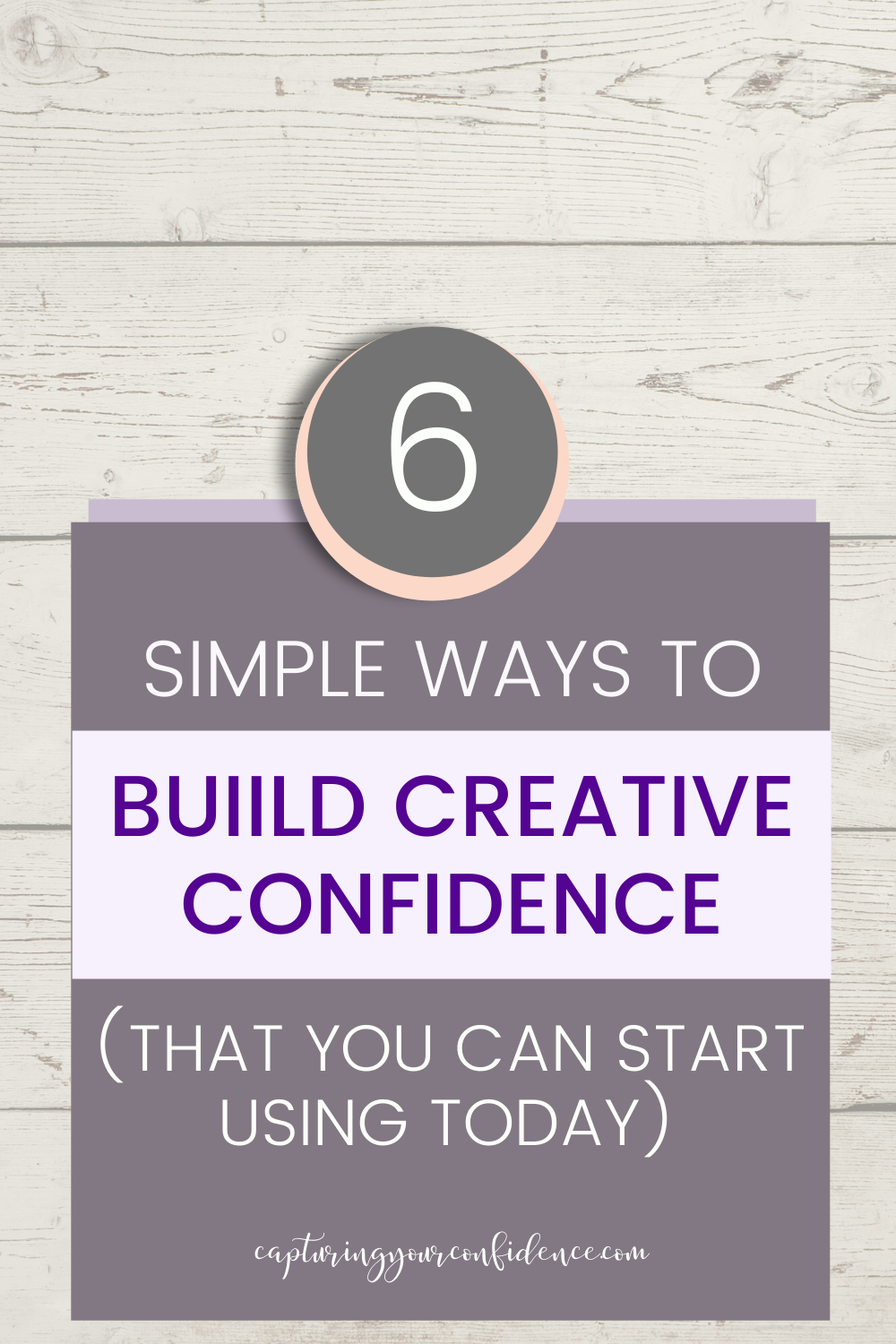
Blog
5 Lifestyle Tweaks That Can Significantly Up Your Happiness Game and Well-Being
Only 10% of happiness is determined by external circumstances. The rest is...well, you can read all about it (and how to get happier), in this article!
Did you know researchers determined that three primary factors affect happiness levels, and only 10% of happiness is determined by external circumstances? Genetics (50%) and intentional activities (40%) make up the primary pieces of the pie. This was a very powerful revelation for me. It suggests that intentional activities offer the most promising means to increase and sustain levels of happiness.
I became an intentional warrior about everything—thoughts/affirmations, diet, sleep, exercise, gratitude, faith, social support, vision, goals, etc. Literally everything. Cultivating happiness is a constant practice. Your daily life, ergo your state of mind, is dictated by your daily choices day in and day out. Small, consistent steps are the foot soldiers that win the crusade for hope and happiness. You have to be in it to win it.
This means living with intention and not just operating on autopilot; creating a life based on choices, not habits; and practicing the sort of person you want to be each day. Sounds simple? It is. But it's not easy. It takes commitment and intention. But it doesn’t have to be overwhelming.
Here are 5 lifestyle tweaks that can significantly up your happiness game and well-being.
1. Gratitude
The research on the benefits of gratitude is undeniable. Studies show gratitude to be associated with greater happiness, life satisfaction, joy, and self-esteem. An attitude of gratitude is also associated with reduced depression, anxiety, bitterness, and loneliness. It rewires your neural pathways for good. It’s the easiest thing to practice and the payoff is enormous.
2. Thoughts/Affirmations
Excessive and ruminating negative thoughts and emotions are literal poison to your soul and use neural pathways as their means of attack. When you subject your brain to constant negative thoughts and emotions, you actually change its physical structure—and not in a good way. Sadly, the brain can’t differentiate between actual threats and perceived threats. Losing one’s job and worrying about losing one’s job can wreak the same neural and emotional havoc. Ironically, research suggests that approximately 85% of what we worry about never happens. So, you need to guard your thoughts and internal dialogue.
Moreover, evidence-based research shows that affirmations rewire the brain on a cellular level. It makes sense, really. If crappy self-talk can adversely wire the brain, then positive affirmations can interrupt those maladaptive neuro-nets and rewire your brain for happiness. When you engage in positive affirmations, the neural magic happens. Remember how the brain can’t tell the difference between a real threat and a perceived threat? The sword cuts both ways and works to your benefit with positive affirmations. Since the mind can’t tell the difference between real and pretend, affirmations can program your mind into believing a stated concept. Ah-mazing!
3. Social Support
The Beatles were on to something with their hit “All You Need is Love.” Countless studies show that love and social support are associated with greater happiness, life satisfaction, longevity, and physical health. Moreover, a meta-analysis of studies found that lack of social connections/loneliness carries the same health risks as smoking, obesity, not exercising, and alcoholism—sobering statistics. So, grow your garden of social support…it’s one of the best investments you can make.
4. Faith.
I’m not looking to proselytize. I avoid people who do that like the plague. But there’s just no getting around the fact that studies have determined faith to be an integral and significant predictor of happiness. And by faith, I’m not talking about confidence in Tom Brady’s throwing arm or J. Lo’s unparalleled ability to twerk. I’m talking about the Big Guy (or Girl), Universe, Spirit, Supreme Being, or whomever that higher power may be to you. For me, it’s God.
By “faith,” I’m referring to spirituality in all its forms, not any type of organized religion. Spirituality is universal. The specifics may vary, but all cultures have the concept of a sacred, divine force. Spirituality acts like a lamp, a guidepost. It lights your path during life’s darkest moments and allows the joyous moments to shine even brighter. Believing in something bigger than you; being about something more than you…is where it’s at.
5. Sleep/Diet/Exercise.
Lifestyle choices such as diet, exercise, and sleep patterns affect your brain’s health and neuroplasticity and your happiness. If you don’t think your daily habits affect your happiness, you’re fooling yourself. You can read every self-help book, keep a gratitude journal, and meditate daily, but if the rest of your lifestyle is junk food, sugary energy drinks, alcohol, little exercise, and poor sleep habits, it’s a happiness house of cards. Life and happiness are the sum of all your choices. Choose wisely.
I would love to cultivate “happiness happening” where people become intentional and invested in daily practices to maintain their mental well-being.
In Happy AF: Simple Strategies to Get Unstuck, Bounce Back, and Live Your Best Life, we explore a whole host of strategies, all backed by research, that can help you up your happiness game. There’s no one-size-fits-all approach, which is why we examined so many different strategies. Try each one on and see what works best for you. Just like any road trip, there is more than one way to get there. Have happiness habits be the norm rather than the exception. That way, the next time a storm comes (and it will), your happiness will not be easily swayed, helpless like a leaf in the wind; you’ll be firmly tethered, rooted in your happiness.
Beth Romero was born and raised in Bethlehem, Pennsylvania. After a thirty-year sojourn on the West Coast, she recently moved back to Philadelphia. In addition to having made her a pizza aficionado, her Italian American, East Coast background inspires the straightforward, humorous, and self-deprecating narrative style that characterizes her writing. With a background and degree in psychology, Beth channeled her creativity into a successful sales and branding career. From Veep to Boss to Happiness Junkie, persuasive storytelling is her superpower. She showcases those skills to their fullest in this practical and entertaining how-to guide for happiness.
Website: https://bethromeroauthor.com/
5 Burning Questions About Cacti You’ve Been Dying to Ask
One of the first things people ask about when they first see my brand and logo is “Why the cactus?” So today, I’m dishing *all about* the cactus and what it means to me and the business.
UPDATED JULY 2025
It’s been 6 years since I started Capturing Your Confidence and I’ve grown in ways I couldn’t have imagined. What started as a desire to write and help others has turned into a passion for creativity and gentle living that are far better than what I could have dreamed up. A girl can’t ask for much more than that, can she?
One of the first things people ask about when they first see my brand and logo is “Why the cactus?” So today, I’m dishing *all about* the cactus and what it means to me and the business.
What’s the story behind the cactus?
Cacti are weird little plants - at least they’re little where I’m from because they sit on windowsills. In the wild, cacti are huge! Saguaro cactus, the ones with a straight body and arm-looking structures, can grow up to 45 feet tall.
As I was working on a creative project, I was particularly drawn to an illustrated cactus. It was kind of odd because I'm definitely not known for having a green thumb. Nonetheless, I loved that little cactus for some reason and it stuck with me. As I began researching, I realized why.
Cacti are incredibly diverse. They’re true survivors. Those sharp spines they grow? They developed those over time not just to protect themselves, but also to provide shade. One spine might not provide a lot of shade, but when they’re taken together as a group, they offer the cactus a modicum of protection from the hot desert sun.
They live for hundreds of years in desert environments - some of the harshest conditions nature presents - and some even bear flowers and fruit when they’re mature. By the way, cacti become fully mature at around 70 years old, so it’s completely acceptable if you’re hesitant about being a “mature adult” sometimes. In cactus years, we’re all still young.
The cactus symbolizes endurance, strength, and perseverance. They’re truly adaptable to almost any situation. These are all characteristics I think about when I think about people.
We’ve all experienced the throes of hardship at some point, right? We’ve all been in survival mode at least to some extent. It’s only once we move through and heal that we can begin to live and thrive.
People, like cacti, are wonderfully varied and often go through transformative periods. We both survive under great odds and thrive where others wilt under pressure. When you think about it, it’s pretty incredible.
That’s where the Capturing Your Confidence cactus came from. As for me…I’m definitely a little obsessed now.
What does confidence & slow living have to do with cacti?
On the surface, not much. But, when you dig a little deeper, it starts to make sense.
Living differently, slowly, sometimes feel like an act of rebellion. Like you might wake up one day and realize you have to go back to the hustle. Cacti are slow growing, and covered in spikes - not exactly something you want to mess with, right?
When you’re flaring up, stressing out, or just done with everything, you know you need something to change. Creativity and slow living seems like an ideal way to live. But…what if it’s not? What if you can’t pull it off and have to go back to never having spare time? What if you feel lazy and everyone else thinks your lazy and you have to explain it to everyone all the time (including yourself)? Cacti spend weeks and months in the desert with no water, surviving on their own water supply, which is impressive and sad at the same time.
When it does rain, the Saguaro cactus can soak in up to 60 gallons of water. In the same way, life sometimes is almost unbearably heavy. And yet, we survive. Having a chronic illness or a sensitive body means a slower life is better for you - better for your body, mind, spirit, everything really. Being creative can help you build confidence and learn to live more gently, with more imperfections that are beautiful and real. You’re not lazy, you’re choosing to live differently on purpose. As long as you know that, you don’t owe anyone an explanation, full stop. What they think of you is their problem, not yours.
Your life can look like what you need it
Finally, writing can take on any number of forms. Short, long, with pictures, poems, books, and everything in between. Cactus plants come in all shapes and sizes. They’re all pretty neat in their own way, just like writing.
You live in the Midwest, right? So…not anywhere near a real cactus.
Yep! I was born and raised in Indiana and my 2 boys (my dogs) I live here.
But, I’ve seen real cacti in the wild when traveling and was duly awed. I have a cuddly cactus which I’m in love with – she’s so cute. I’ve had her for a couple of years now and she’s even growing!
As I continue to do research, I become more fascinated. I love to read about them.
Do you really believe people have the same qualities as a cactus?
100%.
The technology we have today allows for amazing things in the way of connecting with people all over the world. But, it’s also disconnected us from our environment and nature. I think we can all learn a lot from slowing down and observing what other kinds of creatures and organisms do to survive and thrive.
Cacti provide a wonderful example because they are such true survivors. In the same way, people have an extraordinary ability to survive even in the worst environments we can imagine. The way the mind can process and compartmentalize and still find a way to function - wow.
So, yes. We may not have (visible) spines or stand out in the desert, but we are a lot like cacti in other ways.
I want to explore my inner cactus strength and slower living, what do I do next?
I’m so excited for you. 🩷
The first step is to grab my free workbook Confidence that Doesn’t Cost Your Energy: 5 tiny shifts to help you build lasting self-trust gently (on your terms). I also have a weekly newsletter called Where Gentle Grows where I send inspiration, tools, and gentle journaling prompts to help you think about ways you can slow your life down and feel good about it.
If you’re interested in writing, or you want to be, you could look at my books. There are two (so far) - one inspirational eBook and one storytelling book that will get you feeling good about writing whatever it is you want to write, from journaling to a creative project.
Of course, when you sign up for any of my things, or buy anything, you can get weekly emails that will light up your day. That way you’ll know about all the new things and continue to get tools and resources for your ideal gentle life.
There’s No “Easy Button” for Writing: 5 Lessons I’ve Learned the Hard Way
There’s no “easy button” and other writing lessons I’ve learned the hard way (you probably won’t see them coming!)
I was on a Teams call with a colleague the other day and we were working on copy for a new web page. It’s going to be a great resource (if you’re in the healthcare provider world, it might even be for you!).
As we were chatting about the brand style, I mentioned that it irritates me to no end that our brand at work doesn’t use the Oxford comma. Also called the serial comma, it’s the one that separates lists. For instance, it makes me sad, annoyed, and huffy when I have to take them out of all the writing I’m editing. It’s that comma before the and.
Anyway, so we were talking about it and laughing about how many nuances there are, but also he thought it was a funny writer’s rant. After all, no one really cares that much about commas besides writers, right? It is kind of a funny thing to get annoyed about. The funnier thing is that I have this conversation a lot. Like, every time I write for a new client or edit someone’s work. IT’S A CLARITY THING.
Later that evening I was thinking about the conversation because even though I’ve been writing most of my life, there are still things that get me. For instance, I almost always spell the word “professor” wrong the first time, and “restaurant.”
You probably have some of those, too, don’t you?
It’s kind of assumed that the more skilled you become and the more you practice writing, it’ll just somehow get easier. Sure, some things do. Your voice feels more natural, and you can start self-correcting small errors or noticing patterns you don’t like faster. But the truth of it is that writing is actually pretty damn hard, even for those of us who love it and practice it all the time.
Because it’s hard, a lot of people are intimidated by it. Like, who wants to have an intentionally difficult hobby or set themselves up for a career where they literally won’t ever know everything about it?
There’s quite a bit of nuance in writing, though. It’s creative, ambitious, and completely wide open. On the same day you can write about healthcare eligibility and benefits AND cool things the practice of writing has taught you. I mean, that’s pretty neat, right?
All of this is to say that, if you’re looking for an “easy button” for your writing, it doesn’t exist. Part of writing is the process of doing it (sometimes badly), learning, and improving. (And no, ChatGPT does NOT count as an easy button because it’s not you doing the writing.)
When you approach it that way, it becomes a lot more palatable because learning about something you like is fun. Doing something you love, even if you’re not the best at it, is enjoyable and freeing.
If you’re on the fence about whether you want to start writing, here are a few lessons I’ve learned that will help. From one writer to another (even if you haven’t quite named yourself that yet), you can do whatever you want with your writing! But please, for the sake of everyone involved, use the Oxford comma. ;)
Writing is Different for Everyone
There are many writing conventions available to help guide the technical aspects of your writing. I’m sure there are a million videos on YouTube about how to write this or that, too. I’d caution you to be careful with the ones that say you’re going to write a full book in a weekend that will be publishable - that’s likely to end in disappointment.
No matter how you want the writing to look once it’s done, everyone has a different process and habits that work best for them. Some considerations to keep in mind to help you find your groove:
Do you want to write by hand or type on a computer/laptop/tablet?
Do you want to be alone when you’re writing? Or does a communal place like a coffee shop inspire you to get creative?
What kind of mindset do you need to have to feel good about your work? Do you want to accomplish a certain task or write a certain part of the story?
How often do you want to work on your project(s)?
Will you be sharing your writing? Or do you want to keep it private and enjoy the feeling it gives you to express yourself on the page?
By the way, there’s not a right or wrong answer to these questions! All are valid. You get to decide how you approach your writing.
There’s More Than One Reason to Write
When we’re in school, it feels like all we do is write essays and research what other people tell us to. Even if we pick a topic, there’s still an element of worry because someone will be grading it. Having been on both sides of the classroom, I can tell you it’s a little nerve-wracking on both sides! Teachers have to figure out how to give kind, but useful feedback on the writing no matter what’s there.
Writing out in the big wide adult world doesn’t have to feel like this at all. People write for any number of reasons, and most of them aren’t tied to school at all! For instance, people write:
Memos and emails to their colleagues
Articles that other people will read
Social media posts (+ videos! There’s quite a bit of wordsmithing done in those, even if you can’t see it in the finished product)
Poems & Short stories
Books - for fun and for business
Journals
Love notes
Lists of all kinds
No matter what kind of writing you want to do, there’s a place for it. And you know what? Your nightstand or desk drawer is a perfectly fine place if you want to write just for you. It’s not all about other people.
There’s Not a Right Way to Write
This might be a little contentious, but writing doesn’t always have to be “right” by Western English standards. First of all, that doesn’t take into consideration any regional dialects or accents. But also, people don’t actually sound like that when they talk, so why would all of our writing need to follow those rules?
Don’t get me wrong, there are definitely some places where following the rules is necessary. But if you’re just starting out or writing for fun, they’re not really that big of a deal. If it comes up when you’re finished drafting, you can always edit it.
Some fun rules to play around with in writing:
Dialogue - how people talk and how you can show the way they really speak with words (Alice Walker does an awesome job with this in The Color Purple)
Capitalization and form (if you want to know how that might look, check out e.e. cummings and bell hooks)
Ending sentences however you feel like it (not ending a sentence in a preposition isn’t a real rule anyhow)
My advice is to figure out how you want to sound and what sounds like you, then worry about rules that might apply - or not.
Writing is Hard
The act of writing itself is hard. It’s difficult to build worlds and express feelings and explain the world. There aren’t a whole lot of other activities that require so much of us as writing. Plus, a lot of times it’s lonely because we’re working on our own project or story.
Putting words on the page that literally didn’t exist before you put them there
Finding the “right” words
Saying what you want to say and having others understand it (i.e. “It sounded good in my head but not on paper)
Our words are powerful, so we have to be aware of that if we choose to share it
Words can be shared faster than you can blink and say, “Wait, what?”
You can’t control how others might interpret what you’re saying
Creating with your emotions can be draining
I think creatives, and especially writers, don’t give themselves enough credit for the amazing things they do. Not everyone is willing to give so much of their time and talents to bring new things into the world. We sometimes take it for granted that we’re drawn to writing as a habit, a lifestyle, or a calling even. Words and stories are what connects us all as people - to be able to figure out what that means and looks like in your own life is incredible.
Writing is a Skill, Not a Talent
This is one of the first things I tell any class or workshop I’m leading. Writing is a learnable skill. You’re not born with it (we’re not Maybelline over here), even if you discover you like it as a young person.
The people who are really good at writing practice…and practice…and practice again. A few other things that can help you grow your writing skills:
Reading and looking up words you see that you don’t know
Listening to/watching interviews with authors you admire
Talking through your ideas out loud either on a recording or with a friend
Do word puzzles/play word games
Work on how you think about writing
You can learn to write. If you want to be a “good” writer, you totally can. Or, if you just want to enjoy it without having to go through the annoying “why should I even bother, I’m no good at this” thought process.
Just because there’s no “easy button” for writing doesn’t mean you can’t have fun and enjoy it. I’m constantly surprised and delighted by what I learn through words and I’ve been at it for almost 30 years! Take a deep breath and give yourself a chance - who knows what you’ll be able to create.
If you find you’re stuck, this book for anxious writers might help. :)
Advice for Women on Empowering Themselves, Friends & Family
Annette Rodriguez talks about empowering women and what we need to do to support each other.
Throughout history, we’ve seen women march to the beat of their own drum and defy expectations. They’re looked at with fascination, fear, and often ridicule. Joan of Arc, Cleopatra, Elizabeth I, the suffragettes, and Rosa Parks, were all trailblazers, especially when women have long been expected to remain at home and silently conform.
It wasn’t until education started to become more accessible for women that things changed. They still haven’t changed enough, but they’ve gotten better. Every day there are more expectations, and society is still getting used to the idea that women can accomplish the same, if not more, than men.
Expectations are too high
While society is changing, we still have a long way to go. As women, we need to be there for each other as these changes take place. We often feel that we can’t give 100% of a role. We can’t be the perfect worker AND the
Homemaker
Wife
Mother
Daughter
Caregiver
The list goes on
Those are society’s expectations of us, though. We feel guilty when we can’t be 100% in these roles for everyone who needs us.
It’s a struggle, but we need to let those expectations go.
Yes, we all want to do the absolute best we can, but life goes so fast that we’ll never catch up as much as we want if we focus on trying to be everything for everybody.
How do we support other women?
We need to first accept ourselves as vulnerable, imperfect, and the work in progress we all are.
We need to be there for each other. We each learn from an early age many of the expectations:
Be soft-spoken
Be well-behaved
Be lady-like
Settle down
Leave the “hard work” to the men
If we want something better for our own futures, and the next generation’s, we should lead the change. That starts with being there for each other and asking ourselves, how can we help? The world has enough rivalry and women’s progress has been a long and hard time coming. We can do anything, but we should all appreciate that support and teamwork makes most things easier. It’s the way to really be triumphant.
We are women, with goals that dictate progress, happiness, change, and future accomplishments. We cannot be a jack of all trades, time will not allow it; but, we can do it all through teamwork. That means not seeing our female colleagues as competitors but as friends and assets. We should embrace our differences and disagreements - that type of effective communication is the sign of a great workplace.
Just as our ancestors worked hard so we could have a better life, we call it to our descendants to do the same. If we do not stand up for ourselves, we are only going to help slow down the changes we all want to see coming. The only way to propel ourselves forward is through acceptance, advocacy, networking, and teamwork.
Annette “Annie” Rodriguez was born in Ponce, Puerto Rico, and started to write consistently when she was in tenth grade. As her writing and creative imagination progressed, Annie became confident enough to share her work and create her own characters. The first draft of Lifeforce was born.
Lifeforce was picked up for publication by Green Writers Press and her first novel was published in February 2019. Lifeforce’s sequel, Immortality’s Peril, is in progress.
Annie’s writing is accompanied by her impressive background as a practicing attorney, holding two Bachelor’s and two Master’s degrees. Lifeforce was published during her first year of law school. A minority woman who has worked with students, Annie’s passion for writing keeps her sane in the sometimes harsh reality of training to practice law.
7 Inspiring Quotes for Busy Days
Some days we all just need a little pick me up. Here are some of my favorite quotes for when it’s that kind of day.
Some days we all just need a little pick me up - a reminder that even on our busiest days when life feels like it’s just too much, we’re still pretty awesome. It kind of comes with the whole human thing.
One thing I love to do is collect quotes. Maybe it’s the word person in me, but I would like to think that we can all get value out of hearing that other people have been where we are and have gotten out/up/figured something out.
So I wanted to share some of my favorite quotes when it’s that kind of day. It’s not always Monday, either! If you, like me, enjoy being surrounded by beautiful words, feel free to write them on a Post-It note for encouragement around your workspace.
No matter what today brings, or tomorrow, you’re worth taking a moment to breath. I see you, I feel you, you can get through this.
Even a little effort makes a difference! Your biggest dreams start with trying a little bit and taking small steps.
When you feel overwhelmed in the moment, take a deep breath in and slowly let it out. The only thing you have to do right now is decide what one small thing to do next. You can do this.
This busyness will not last forever. It will pass and you’ll get to where you want to be. Remind yourself that this discomfort is a temporary stepping stone.
Your dreams aren’t too big. Like Marie Forleo says, “Everything is figureoutable.” Keep taking small steps forward and remember what you’re working toward.
Sometimes you just need to take a leap of faith and let the universe show you what’s next. (Believe me when I say my anxiety brain HATES that this is true…but it is.)
Everyone has their own definition of what a happy life is. Whether your busyness is because of work or the season of life you’re in, you can choose to be happy with the small things each and every day. You are the one who makes that decision.
We need money to survive, but as cliché as it is, money isn’t everything. Beyond living comfortably, there are plenty of other things that make life beautiful when you create time to step away from the stress and busyness we all face from time to time (some of us more than others).
4 Creative & Productive Ways to Use Post It Notes
Do you use post it notes? In school we used them for ... As an adult, I’ve found many more uses that help ... There are many ways to help yourself be more productive. If you haven’t tried to use post its in these creative ways, you should.
Do you use post it notes? In school we used them for taking notes in lieu of highlighting in books, or as bookmarks. As an adult, I’ve found many more uses that help to keep me productive as a writer. Not only do they help me stay organized, but I use them to keep me on track and keep me motivated.
There are many ways to help yourself be more productive. If you haven’t tried to use post its in these creative ways, you should.
4 Creative Ways to Use Post-Its
As a writer, all the thoughts and ideas that swirl around in your mind can be overwhelming. Sometimes you need new techniques or tools to help you organize them and keep you moving forward towards your goals.
Here are four of the best ways I’ve found to use post its for my productivity.
Making Notes when You’re Reading
Whether you are reading fiction or nonfiction, taking notes as you read can help when you find something you want to take with you into your own writing. What better to make a quick note than a post it?
Anytime I come across a certain technique, trope, or tip I like in a book, I stick a post it on the page, noting what I want to remember. This allows me to move on without too much distraction. It’s also helpful when I’m working on my own writing and want to try out some of the same techniques. I can go back to my post it notes instead of wasting precious writing time skimming that part of the book.
There are so many ways you can use post its as you read. It might mean noting the way a certain author uses dialogue, or the way they describe a character. It can even be as simple as liking a word and not wanting to forget it. Writing is a process and you can use sticky notes to fit your style. Have fun with it!
You can color code, like using yellow for dialogue and orange for descriptions. Whatever helps you remember the best, try it out! No harm in testing new strategies, right?
Organize Writing Notebook
If you have a writing notebook, you can use post its to organize it. Writing notebooks are a great resource for anyone working on creative projects, especially long ones. Curious about what goes in one? Read this.
Post its can differentiate the sections of your writing notebook. If you already have tabs, you’re ahead of the game! Post its can still be useful to flag information you’ll reference a lot or that you know will be important later in the writing process.
Sticky notes can also keep your scenes in order. You can mark each section within your notebook with a different colored post it, or label them if you don’t like to use color coding.
Everyday Reminders & To Do Lists
Whether you’re a full time writer, or simply write for the love of it, most of us are busy. Planners are useful, but sometimes you may need a little extra reminder. When there’s something pressing that I have to get done in a day, I use post its to remind myself.
I’ll make a to-do list and stick it on my computer or put the most pressing task on my bedroom door so that when I inevitably exit, I’m reminded of that task. We can’t remember everything, and we don’t need to with helpful reminders like this around!
Motivation
Just as you can stick to-do lists around the house where you’ll be sure to see them, you can (and should!) stick motivational quotes or sayings around the house, too. Even if you aren’t someone who believes in manifestation or the power of positive thinking, having words you love around you will put you in a good mood.
For example, try writing “You can do this!” on a post-it. Stick it to your mirror and every time you look at yourself in the mirror, you’ll get a little happy reminder. Being your own cheerleader is a great way to keep yourself motivated. It’s nice to have others cheering us on too, but we spend the most time with ourselves. We need to be able to boost ourselves up when we need it.
When you’re feeling down, look at your quotes and let them remind you why you’re doing this. You are strong. You are brave. You can do this. Don’t let negative thoughts or imposter syndrome get the best of you. Use your post it notes as an easy way to surround yourself with positivity.
Keeping inspirational quotes handy can also help when you encounter writer's block. You never know when you’ll need a little extra spark of inspiration to get the writing juices flowing again. Have a few of your favorite inspirational quotes written on post it notes in your writing area and look at them whenever you get stuck.
Find your favorite post its, try out some new strategies, and see what works best for you. Incorporate that into your daily life! Sometimes we forget that there are ways to make our lives easier, and need a reminder that we don’t have to do this (or figure it all out) on our own. If there’s something else you use that helps you stay productive, let us know so we can share it with our writing community!
Hope for the New Year
It’s the last day of 2021, and I’m both shocked and thankful that it’s finally here. I wanted to share my hope with you today because I think it’s what we all need... The whole world has had a rough year, and we all could stand to use a little tiny slice of hope, and the warmth that brings to our heart.
Friends,
It’s the last day of 2021, and I’m both shocked and thankful that it’s finally here.
This year has been HARD. The kind of hard that feels impossible.
Usually this time of year I find myself reflecting on all the things from the year. Good things typically outweigh the challenges, and I almost always feel like there are some redeeming qualities that make the year a “good” one instead of the notorious so-called “bad” year.
This year, though, I don’t feel like rehashing the events of the year is a productive exercise. Sure, I will reflect. Sure, there have undoubtedly been amazing things that have happened! And I’m entirely grateful for them.
But for the first time, it doesn’t feel like a good year as a whole, and I’ve come to terms with that. As my good friend told me earlier this week, it’s best to ride with our emotions, whatever they may be, rather than fight against them. We can’t always control the things we’d like. Most times they’re things we shouldn’t be controlling anyway.
So as we finish this year, I wanted to share a message of hope.
I’m entirely joyful about the new year. I know there will be more challenges, because there always are. But after this year, I’m sure I can face anything that might dare to come my way. I hope that for you, too.
I wanted to share my hope with you today because I think it’s what we all need. The whole world has had a rough year, and we all could stand to use a little tiny slice of hope, and the warmth that brings to our heart.
So here it is:
I hope you have amazing things to look forward to next year, even if this year has felt like a big dumpster fire (same).
I hope you’ll continue working to be who you want to be, and not who anyone else wants - because you deserve to.
I hope you have a dream as big as the stars and that even when you’re afraid of how big it is (as all huge dreams tend to be), you’ll keep stepping forward one step at a time. One day at a time.
I hope that no matter how you’re feeling today, or have felt this month, or the rest of this year, that you’ll wake up tomorrow and see it as a chance to start fresh.
Cheers to a new year, a new us, and new beginnings.
May we be open, willing, and ready to accept new challenges and be brave enough to face each new day no matter what it holds.
We’ve got this, together.
25 Inspirational Quotes for Writing
Finding the motivation to write can be difficult some days. You probably don’t want to force yourself to write, but if you need to get some writing done, an extra push can help get you going. Sometimes all we need is a little inspiration before we dive into writing. Here are 25 inspirational quotes to spark your inspiration!
Finding the motivation to write can be difficult some days. You probably don’t want to force yourself to write, but if you need to get some writing done, an extra push can help get you going. Sometimes all we need is a little inspiration before we dive into writing.
Here are 25 inspirational quotes to spark your inspiration!
“If there’s a book that you want to read, but it hasn’t been written yet, then you must write it.”
“Read a thousand books, and your words will flow like a river.”
“You fail only if you stop writing.”
“If the book is true, it will find an audience that is meant to read it.”
“Don’t forget-no one else sees the world the way you do, so no one else can tell the stories that you have to tell.”
“If I waited for perfection… I would never write a word.”
“The Six Golden Rules of Writing: Read, read, read, and write, write, write.”
“Writing—the art of communicating thoughts to the mind, through the eye—is the great invention of the world.”
“You can always edit a bad page. You can’t edit a blank page.”
“There is no greater agony than bearing an untold story inside you.”
“A professional writer is an amateur who didn’t quit.”
“This is how you do it: you sit down at the keyboard and you put one word after another until it’s done. It’s that easy, and that hard.”
“Start writing, no matter what. The water does not flow until the faucet is turned on.”
“Write while the heat is in you. The writer who postpones the recording of his thoughts uses an iron which has cooled to burn a hole with.”
“Get it down. Take chances. It may be bad, but it’s the only way you can do anything really good.”
“To gain your own voice, you have to forget about having it heard.”
“Do not hoard what seems good for a later place in the book, or for another book; give it, give it all, give it now.”
“It is perfectly okay to write garbage—as long as you edit brilliantly.”
“When you have a dream, you’ve got to grab it and never let go.”
“No matter what people tell you, words and ideas can change the world.”
“You are never too old to set another goal or to dream a new dream.”
“First, you write for yourself... always, to make sense of experience and the world around you. It’s one of the ways I stay sane. Our stories, our books, our films are how we cope with the random trauma-inducing chaos of life as it plays.”
“The scariest moment is always just before you start.”
“I believe there is power in words, power in asserting our existence, our experience, our lives, through words.”
“People are going to judge you all the time no matter what you do. . . Don’t worry about other people. Worry about you.”
There are so many great quotes that can help inspire you to write. Hopefully some of these will spark your creativity and get the words flowing.
Do you already have a favorite quote that inspires you to write?
Let us know in the comments!
How to Show Gratitude in Business
Showing gratitude can help your business grow. Establishing a culture of gratitude is an easy way to set yourself up for success. It’s one of the easiest things to do but somehow always gets forgotten. This blog explains a few easy ways to show gratitude for those you work with.
It’s the time of year to reflect on what we’re grateful for. Although we often focus on gratitude for the holidays, we should practice gratitude more than once a year because it will help our businesses grow.
Yes, showing gratitude can help your business grow.
It’s one of the easiest things to do but somehow always gets forgotten. People start to feel resentful, unvalued, disrespected, and unappreciated, which leads to an unhappy workplace with high turnover - unappreciated customers who don’t return to purchase from your business.
Establishing a culture of gratitude is an easy way to set yourself up for success.
Why Gratitude is Important for Business
Are you more likely to do business with someone who takes your money and runs, or someone who shows genuine appreciation for your business? I’m guessing the latter (let’s face it, we all want to be appreciated). Showing appreciation for “your people” greatly improves the amount of business you receive and builds your loyal customer base. People will keep coming back to you when they feel truly appreciated and valued.
On the other hand, employees and employers need to feel appreciated, too. An excerpt from Intelligent Change reveals something interesting about U.S. workplaces:
“Recent research conducted by the John Templeton Foundation revealed that for Americans, the workplace is the least likely place to express gratitude. Although as many as 93% of the respondents agreed that a grateful boss is more likely to succeed, and almost all of them agreed that a simple ‘thank you’ at work made them feel valued and respected, only 10% were actually prone to express gratefulness. The majority, or 60% of the respondents, have never expressed gratitude at work, or have only done so once a year!”
That’s pretty sad! How does showing gratitude once a year foster a positive work environment? It doesn’t. Employees and bosses need positive affirmation, encouragement, and to feel respected and appreciated to be their best selves in the workplace. It will make work more enjoyable for everyone, which is important since we spend so much of our one life doing it.
How to Adopt an Attitude of Gratitude
It takes a conscious effort to choose an attitude of gratitude. It’s not something that happens overnight, and even for those who practice gratitude regularly, it can be harder on difficult days. Adopting a gratitude mindset and intentionally practicing gratitude every day will get you there, though. And it’s definitely worth it.
Mindset
I like this definition of a gratitude mindset from Lucemi Consulting:
“When you have a gratitude mindset, you focus on the limitless opportunities available in business and life because you already appreciate what you have. When you are grateful, you choose to focus on the positive things rather than the negative things.”
Mindset is key when adopting an attitude of gratitude. You can see opportunity everywhere, but you’re aware of and thankful for where you are and what you have today. No one can take away your choice to be grateful for the life you have or the opportunities you’ve been given.
Attract What You Put Out in the World
You attract what you put out in the world. (Yes, it’s the law of attraction - you knew it was coming.) If you’re constantly throwing negativity into the world, you’re going to get negativity back. If you switch that mindset and start putting positivity into the world, you will attract it back to you. If you constantly show gratitude to people, they will return the favor.
Another aspect of this is that whatever you’re putting out in the world, you notice more in your own life. In the case of gratitude, when you constantly praise people for the work they’ve done, you notice when people do the same in return. Sometimes small notes of praise can go unnoticed, but when you make that a core value of your business, you notice when people are expressing gratitude towards yourself and others.
4 Ideas for Showing Gratitude in Your Business
Obviously showing gratitude is important to growing your business, but how do you go about actually doing that? Here are a few ideas of how to start.
Keep a Gratitude Journal
I like to practice gratitude journaling in the morning. It sets me on the right foot for the day. I make a list of 10-15 things that I’m grateful for. I try to be really specific, too. Not just “food” (which, of course, I am grateful for). Instead, I would write something like, “I am grateful that I have the means to purchase food I want.” Be specific when you fill out a gratitude journal. It will be fun to look back after a few months or even years to see how much you’ve grown and developed as a human.
Be Grateful for Small Things that Happen Every Day
Do you know how many small things happening every day that you can be grateful for? Probably hundreds. During your gratitude journaling, identify small things that have happened to you in the last day or two that you can be grateful for. In addition (or alternatively), you can log your gratitude each night in a journal or app like Pixels.
Send Gifts to Clients or Customers
Client gifts aren’t just for the holidays. You can send thank you letters when they sign with you, a quick birthday message, or a small gift of congratulations when they hit a milestone in their business. It’s always nice to receive “fun mail,” as I like to call it. It makes clients feel special and appreciated.
Show appreciation to employees
We’ve all been part of the corporate world and felt unappreciated. If you haven’t, you’re one of the lucky few. It makes you dread work every day, resentful toward the company, and often straight-up miserable. Create a culture of gratitude and appreciation among employees. Give them positive affirmations, small gifts or thank you cards, and encourage employees to show gratitude among themselves, too. An appreciated employee is happier and has a higher job performance. Who doesn’t want that for the people who work with them?
P.S. Freelancers and contractors who do work for you count, too!
I encourage you to practice showing gratitude daily. Start a daily gratitude journal, send gifts to clients or customers, and create a culture of gratitude by regularly showing employee appreciation. Not only will your business flourish, but you and everyone around you will be happier and more grateful people. We need more of those people in the world, don’t you agree?
6 Simple Ways to Build Creative Confidence
Doing creative work requires some semblance of confidence, whether to help get you started, or to keep you going. Without confidence, you can run into problems like writer's block, imposter syndrome, and overall fear and anxiety about your work... When you feel confident in your own work, other people will feel more confident about it, too.
Doing creative work requires some semblance of confidence, whether to help get you started, or to keep you going. Without confidence, you can run into problems like writer's block, imposter syndrome, and overall fear and anxiety about your work.
Having confidence in your own writing takes it to a whole new level. When you feel confident in your own work, other people will feel more confident about it, too.
What is Confidence?
In the most basic sense, confidence is the “quality of being certain of your abilities or of having trust in people, plans, or the future.”
Confidence has everything to do with how we feel about the actions we take (or could take) to be successful. When we’re confident, we feel sure we can accomplish what we need to serve others and ourselves, as well as succeed in the future.
In other words, confidence helps you on your road to success. (If you want to read more about confidence, we did a mini-series about it.)
Why Do Some Writers Lack Confidence?
It feels like it should be easy to stay confident in yourself, but it’s often hard to do. You’ve probably wondered whether your writing is “good enough” - and so it is with many writers. We’ve all been there. It’s a human thing to question yourself - and completely normal.
When you tell other people you're a writer, they ask questions, too. Some questions seem harmless, like “What do you write?” Other questions, such as “When are you going to get published?” can create a sneaking doubt in your mind and make you wonder if you’re good enough to get published. And if so, what will people think? Will people want to read it? And what if they do and they don’t like it?
Then there’s the ever-famous bad experience that seems to happen to all writers at one point or another. For those of us who love writing and have been doing it since we were young, we often started out full of confidence - of course our ideas were good! Then, we have a moment or an encounter where someone gives us negative criticism we don’t know what to do with that alters the course of our writing lives. It sometimes takes years for confidence to grow (and for some it never quite comes back in the same gleeful way).
So what do you do about these doubts? And how the heck do you gain confidence in yourself and your writing when it feels impossible?
6 Ways to Build Creative Confidence
These are some of the ways we (and our clients!), here at Capturing Your Confidence that work - writer to writer.
Journaling
Journaling is great because you never have to show it to anyone, so you never have to worry about whether people will enjoy it. Journaling is all for you. It’s a safe space where you can write about anything you want.
It can be a daily routine (like Rachel’s morning pages practice); a place to write out all your story ideas; a place to vent all your fears, successes, or memories you want to remember; or, you can use it for all of the above.
If you need multiple journals, that’s okay! Journaling is meant to help you, whatever that might look like.
Start Small
If you want to write, but it seems too daunting, start small. You can always work your way up to your longer term goal. For instance, say you want to write a book, but you’re not sure if you can (because it is a lot), you can start with a short story or essay.
It doesn’t have to have anything to do with what you want to write your book about. The process of writing that shorter piece will help you figure out things like how quickly or slowly you write, what style and genres you prefer, and whether or not you actually want to write something longer.
If you’re thinking about writing professionally for readers online, you can start small by writing guest posts on someone else’s blog. Doing this helps you test the waters before you make the commitment to building your own blog. You can also publish on sites like Medium, where you don’t have to pay to post, but you can see if what you’re writing about is something people are looking for.
No matter what you want to write, there are ways to work your way up to that end goal.
Read Your Writing & Find Things You Like (On Purpose)
One of the best things you can do for your writing confidence is to read your writing. Be intentional about it - find your favorite parts and best lines. Ignore the pieces that you feel aren’t up to par (let’s be honest, it can’t all be gold), and really feel the pieces you’re proud of.
Whenever you’re feeling self-doubt or just need some inspiration to keep writing, go back and read those pieces you picked out. Remind yourself that you are good enough, no matter what anyone else says. It’s easy to forget your own capabilities when you aren’t looking back at your work.
Writing is a constant growth & learning process and it’s important to look back to see how far you’ve come.
Share Your Writing with One Person
When you’re ready to share your writing with someone, choose one person you trust to start with. Tell them exactly what you want from them, whether it’s honesty, or simply to hype you up. It’s okay to want someone who will point out the good pieces of your writing for your first outside perspective.
Eventually you’ll need them to tell you what needs work, but if you’re not ready for that, don’t feel pressure to ask for that on your first share. The worst feeling is giving someone your work and having them tear it apart when it wasn’t ready for that type of criticism yet. Don’t ask for the brutal honesty until you you’ve edited and worked to make your draft as strong as it can be without an outside eye.
DO NOT CHOOSE SOCIAL MEDIA AS YOUR ONE PERSON.
Let me repeat that: when you select the first person to read your work, DO NOT share it publicly on any type of social media platform. This is a recipe for a shitstorm of criticism, which is not what this first person share is about.
Take a Break from Social Media
First, a note: we’re not anti-social media here. You can make connections with fellow writers, and run effective marketing for your book on social media. It’s a great opportunity to meet people you probably wouldn’t in real life!
But it’s a double-edged sword. If you’re scrolling through Insta or TikTok for hours on end, you have less time for your own creative work. It’s easy to fall into the trap of comparing yourself to others, which saps creativity, sometimes without you even knowing it’s happening. Imposter syndrome anyone?
Much of what you see on social media isn’t real anyway.
Someone may say they write for five hours everyday, or read twenty books every month, but you don’t know that’s actually the case. Even if it is, they’re not you. Everyone is different. Everyone writes and reads at a different pace, and everyone experiences self-doubt sometimes (even the loudest people).
So, make sure to take a break from social media every once in a while. Even if it’s only for a day, take a step back and remind yourself of who you are and why you’re writing. Take a day to explore and inspire yourself, or to rest and relax. Whatever you need to do, allow yourself those moments to rejuvenate yourself.
Keep Practicing, Even When You’re Not Feeling Confident
Even when you’re not feeling confident, write anyway. It doesn’t have to be your best work. In fact, if it’s something that feels like garbage, that’s okay, too. We all do it, words don’t come out perfect, even for the best of us. That’s what editing is for.
You don’t even have to do anything with it. All the time you spend writing is making you a better writer. Practicing even when you’re not confident can sometimes (inadvertently) lead to some of the best work, which is sure to restore at least a little confidence. Remember - all you have to do is write. Everything else is peripheral.
My challenge to you is to try these tips when you need a confidence boost and let us know what works best for you!






